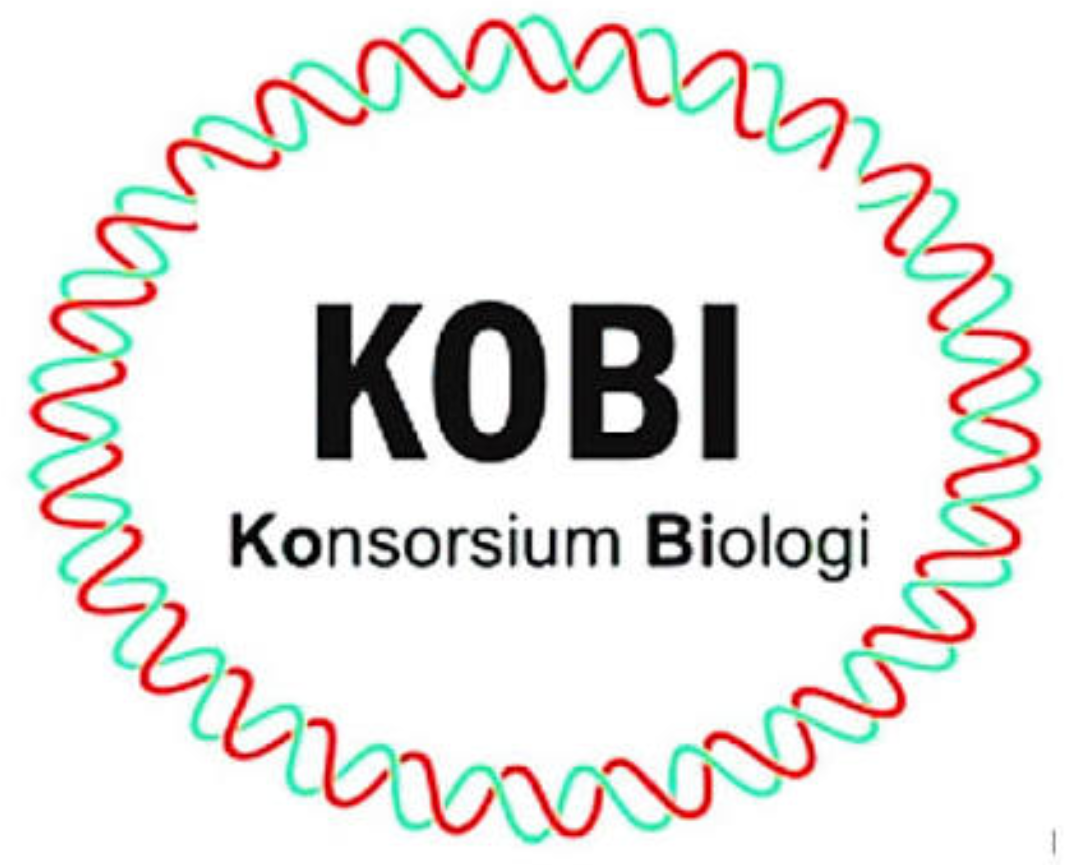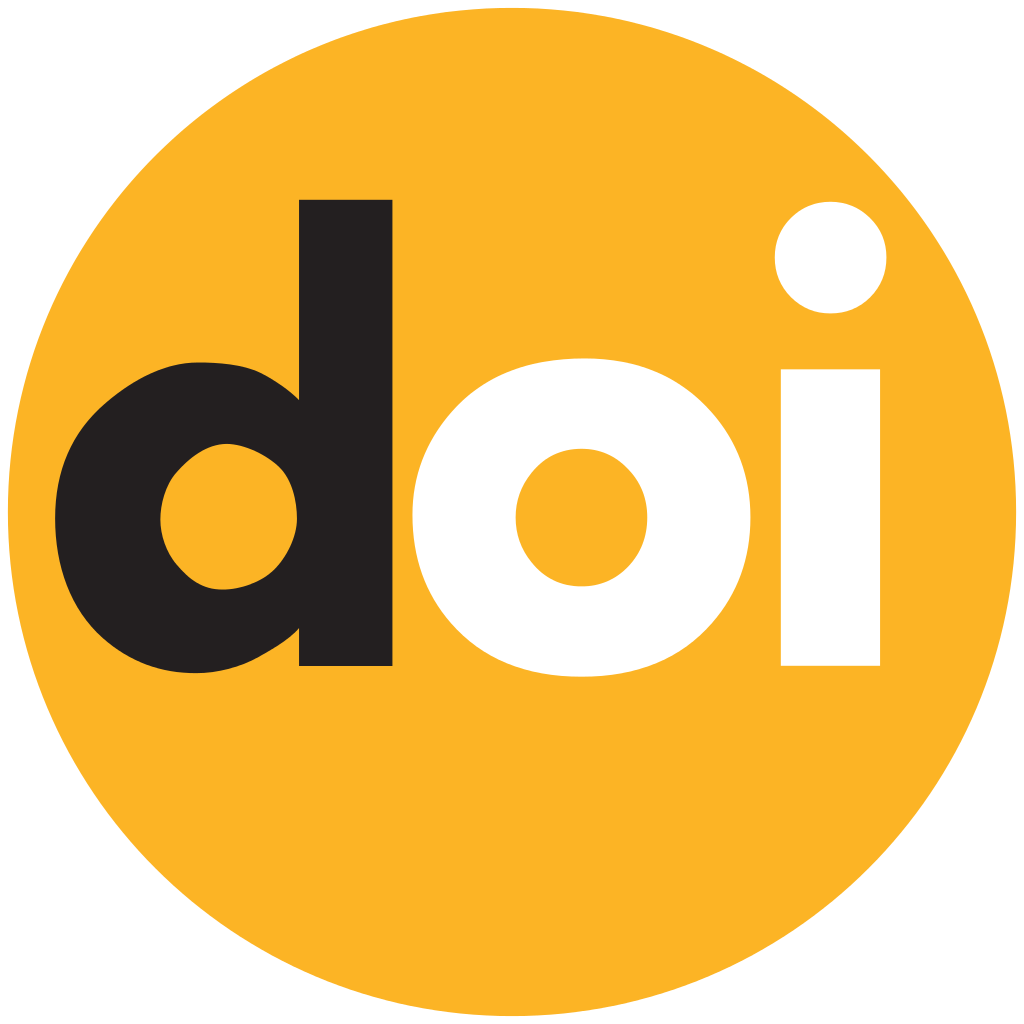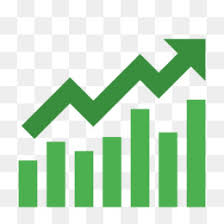Title:
Socioscientific Issues-Based Learning as an Effort to Train High Order Thinking Skills in Junior High School Students
Author:
Abstract
Keywords
Full Text:
PDFReferences
Bodzin, A., Klein, B. S., & Weaver, S. (Eds.). (2010). The inclusion of environmental education in science teacher education. Springer Science & Business Media.
Ennis, R. H. 1993. Critical thinking: What is it? In Henry A. Alexander (Ed.), Philosophy of education 1992. Urbana, IL: Philosophy of Education Society.Pp. 76-80.
Facione, P.A. 2013. Critical thinking: What is it and why it count. Millbrae, CA: California Academic Press
Gurria, A. (2016). PISA 2015 results in focus. PISA in Focus, (67), 1.
Kolsto, S. D. (2001). Scientific Literacy for Citizenship: Tools for Dealing with The Science Dimension of Controversial Socioscientific Issues. Science Education, 85, 291-310
Kolstø, S. D., Bungum, B., Arnesen, E., Isnes, A., Kristensen, T., Mathiassen, K., ... & Ulvik, M. (2006). Science students' critical examination of scientific information related to socioscientific issues. Science Education, 90(4), 632-655.
Nielsen, J. A. (2012). Science in discussions: An analysis of the use of science content in socioscientific discussions. Science Education, 96(3), 428-456.
OECD (2010), PISA 2009 Results: Executive Summary
Paul, R., & Elder, L. (2006). The miniature guide to critical thinking: Concepts & tools. Dillon Beach, CA: Foundation for Critical Thinking.
Pisa, O. E. C. D. (2012). Results in Focus: What 15-year-olds know and what they can do with what they know. Haettu, 21, 2016.
Rahayu, S. (2015). Meningkatkan Profesionalisme Guru dalam Mewujudkan Literasi Sains Siswa melalui Pembelajaran Kimia/IPA Berkonteks Isu-Isu Sosiosaintifik (Socioscientific Issues). Keynote paper disampaikan dalam Semnas Pendidikan Kimia & Sains Kimia di Fakultas Pendidikan MIPA FKIP Universitas Negeri Cendana, 8.
Redhana, I. W. 2012. Model Pembelajaran Berbasis Masalah dan Pertanyaan Socratik untuk Meningkatkan Keterampilan Berpikir Kritis Siswa. Cakrawala Pendidikan, 31(3): 351-365.
Reis, P., & Galvao, C. (2009). Teaching controversial socio-scientific issues in biology and geology classes: A case study. Electronic Journal of Science Education, 162p-185p.
Sadler, T. D., & Zeidler, D. L. (2004). The morality of socioscientific issues: Construal and resolution of genetic engineering dilemmas. Science education, 88(1), 4-27.
Sampson, V., Grooms, J., & Walker, J. P. (2011). Argument Driven Inquiry as a way to help students learn how to participate in scientific argumentation and craft written arguments: An exploratory study. Science Education, 95(2), 217-257.
Toharudin, U., Hendrawati, S., & Rustaman, A. (2011). Membangun literasi sains peserta didik. Bandung: Humaniora.
Walker, G. (2005). Critical thinking in asynchronous discussions. International Journal of Instructional Technology and Distance Learning, 2(6), 15-22.
Yuliati, Y. (2017). Literasi Sains dalam Pembelajaran IPA. Jurnal Cakrawala Pendas, 3(2).
Zubaidah, S. (2010). Berpikir Kritis: Kemampuan Berpikir Tingkat Tinggi yang Dapat Dikembangkan melalui Pembelajaran Sains. In Makalah Seminar Nasional Sains dengan Tema Optimalisasi Sains untuk memberdayakan Manusia. Pascasarjana Unesa (Vol. 16).
Zeidler, D. L., & Keefer, M. (2003). The role of moral reasoning and the status of socioscientific issues in science education. In The role of moral reasoning on socioscientific issues and discourse in science education (pp. 7-38). Springer, Dordrecht.
Zeidler, D. L., & Sadler, T. D. (2008). Social and ethical issues in science education: A prelude to action. Science & Education, 17(8-9), 799-803.
Zeidler, D. L., Sadler, T. D., Applebaum, S., & Callahan, B. E. (2009). Advancing reflective judgment through socioscientific issues. Journal of Research in Science Teaching: The Official Journal of the National Association for Research in Science Teaching, 46(1), 74-101.
Zeidler, D. L., Sadler, T. D., Simmons, M. L., & Howes, E. V. (2005). Beyond STS: A research based framework for socioscientific issues education. Science education, 89(3), 357-377.
Zoller, U., Ben-Chaim, D., & Ron, S. 2000. The disposition toward critical thinking of high school and university science students: an inter-intra Isreaeli-Italian study. International Journal of Science Education. 22(6), 571- 582.
DOI: https://doi.org/10.31002/ijobe.v2i2.1674
Article Metrics
Abstract view : 156 timesPDF - 0 times
Cited By
Refbacks
- There are currently no refbacks.
Copyright (c) 2019 Indonesian Journal of Biology Education

This work is licensed under a Creative Commons Attribution-NonCommercial-ShareAlike 4.0 International License.

This work is licensed under a Creative Commons Attribution-NonCommercial-ShareAlike 4.0 International License.
indexed by :
Jalan Kapten Suparman 39 Magelang, Jawa Tengah, Indonesia 56116
Phone (0293) 364113 Fax (0293) 362438
Website: http://jurnal.untidar.ac.id/index.php/ijobe










 Abstract views : 156
|
Abstract views : 156
| PDF views : 0
PDF views : 0

